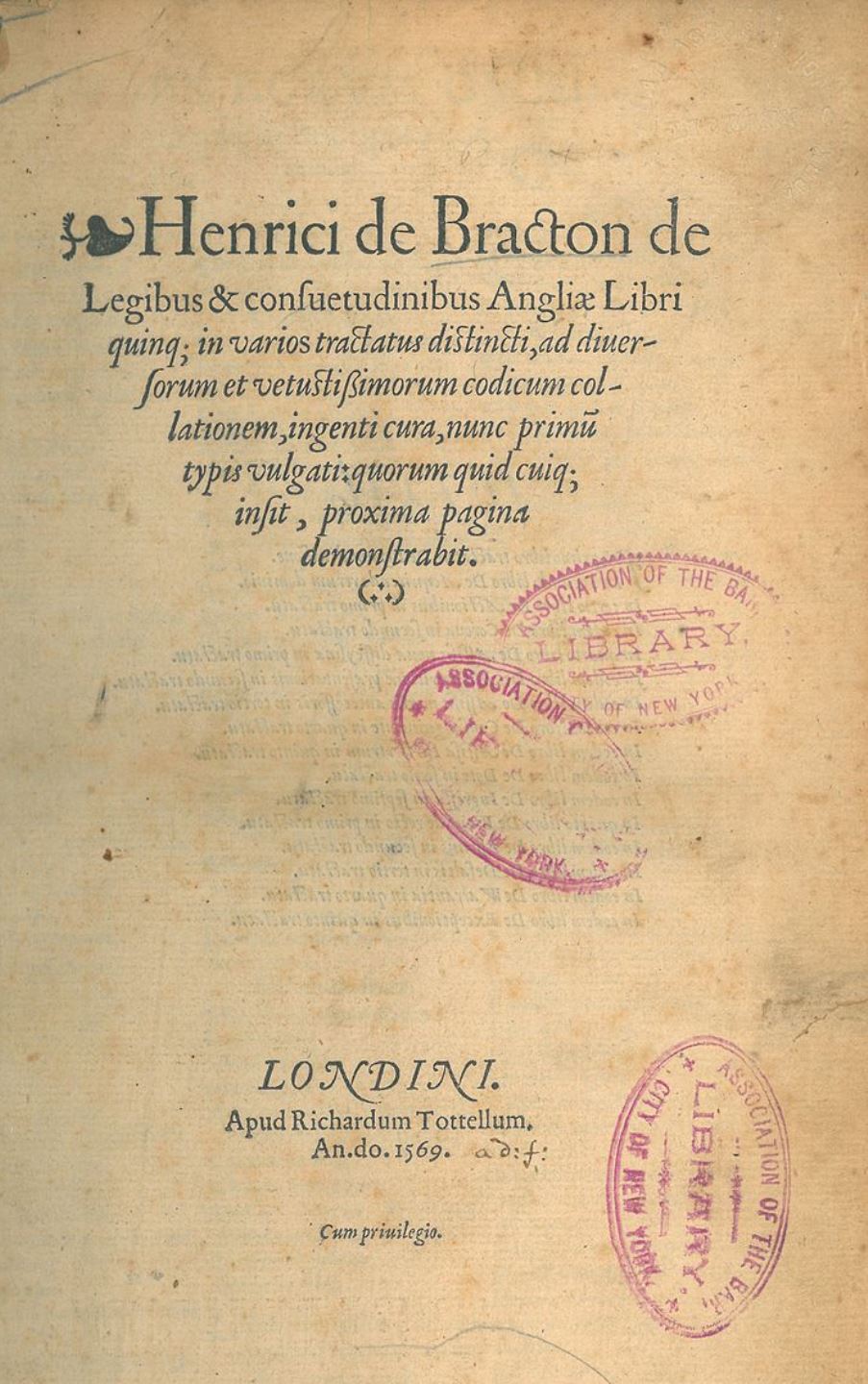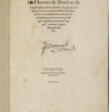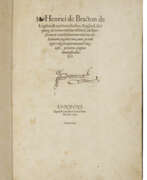Henry Bracton (1210 - 1268)

Henry Bracton
Henry of Bracton (also Henry de Bracton, Henricus Bracton, Henry Bretton) was an English medieval jurist, royal judge, and compiler of the English common law. Bracton came from a wealthy family from Devon and studied at Oxford University and held various ecclesiastical offices, finally becoming Chancellor of the Diocese of Exeter. Bracton also received a legal education, and entered first the service of the famous judge William Raleigh, and in 1239 went into the service of King Henry III. In 1244 Bracton became a judge himself, and in 1255-56 he was a member of the King's Council.
Henry Bracton is famous for his two works, De legibus et consuetudinibus Angliae (On the Laws and Customs of England) and Note Book, which together represent one of the most important attempts to streamline and rationalize English medieval common law. The author constructed his works inspired by compilations of Lombard law and Roman civil law. In his first classical treatise, among other things, Bracton introduced the concepts of mens rea (criminal intent) and precedent. Bracton's work, written probably between 1250 and 1260, was cited in court until the eighteenth century.
| Date and place of birt: | 1210, County of Devon, United Kingdom |
|---|---|
| Date and place of death: | 1268, Exeter, United Kingdom |
| Period of activity: | XIII century |
| Specialization: | Judge, Jurist, Priest, Writer |

